Halt soil salinization, boost soil productivity
On December 5 of each year we celebrate World Soil Day. In 2014 the UN designated this date, which had been proposed by FAO a year earlier. Although its origin was in 2002, promoted as an event by the International Union of Soil Sciences (IUSS), within the framework of the World Soil Alliance, a forum to share sustainable experiences that would allow the recovery of soils, thinking about them as an infinite resource.
The World Soil Day 2021 campaign is carried out under the label #WorldSoilDay and its motto is “Halt soil salinization, boost soil productivity”, with the main objective of raising awareness about the importance of maintaining healthy ecosystems through challenge of soil management, fighting against its salinization, and promoting societies to commit to improving soil health.
Soil salinization is one of the main global problems in agricultural production, affecting food security and sustainability, particularly in arid and semi-arid regions.
The salt present in excess in the soil is perceived as white crusts on the soils. Naturally saline soils support rich ecosystems. But by increasing the amount of salt in the soils, salinization occurs as result of droughts or human activities such as inadequate irrigation. This reduces its ability to filter pollutants that affect the plants and degrade the soil structure. Consequently, the health of the ecosystem and its biodiversity are affected, reducing the growth of healthy crops, which endangers the world’s food.
As a solution, it is proposing to seek, through technological innovation, information that allows better management in the affected areas, ensuring their restoration and the sustainable management of these soils.
Aixa Chacin
Sources:
United Nations. World Soil Day, 5 December. Retrieve from https://www.un.org/en/observances/world-soil-day
Food and Agriculture Organization of the United Nations (FAO). Retrieve from https://www.fao.org/world-soil-day/en/

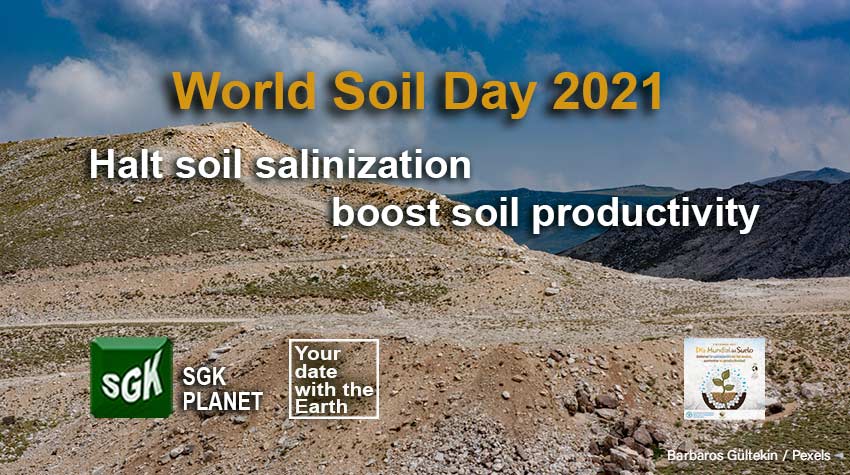
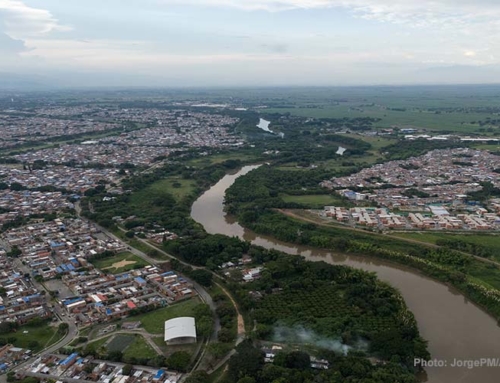
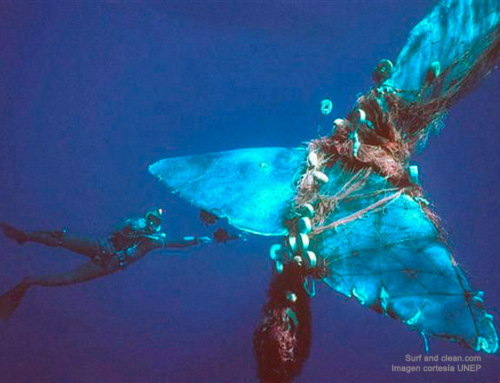
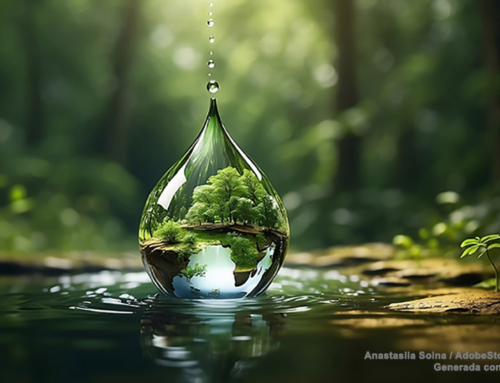
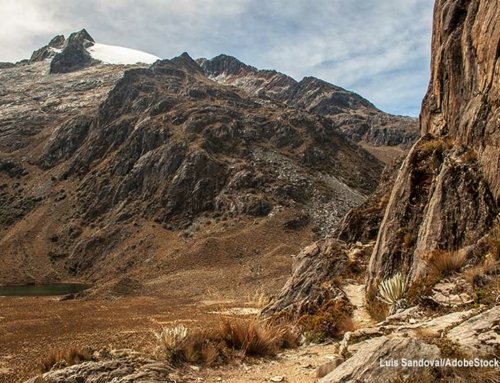

Leave A Comment